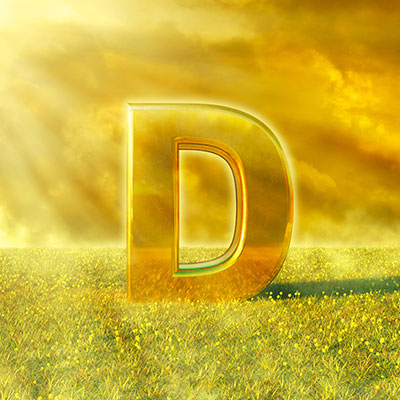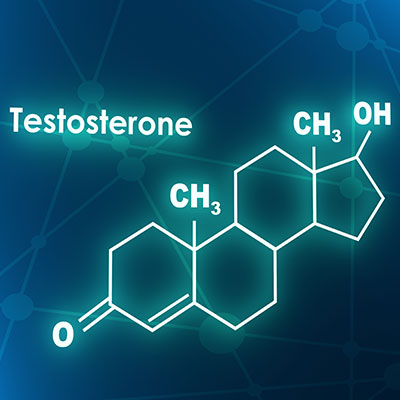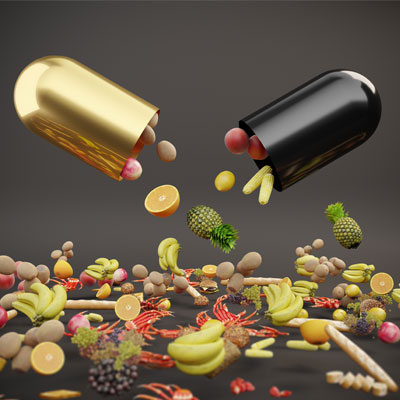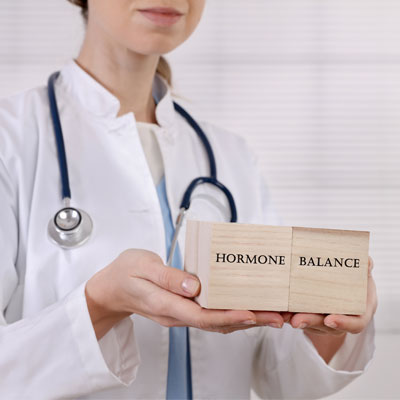Vitamins and Herbs That Boost Testosterone
Contents
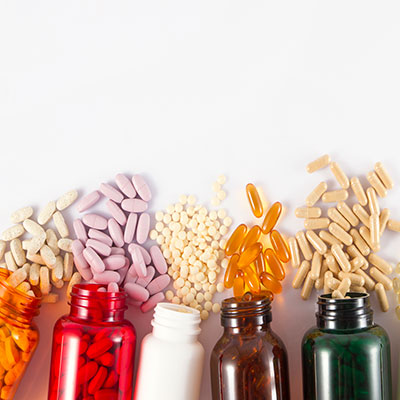
There are many products on the market that claim to be able to “naturally boost” your testosterone levels. Most of these claims are dubious at best. However, there are some herbs, vitamins, and other nutritional supplements that clinical research has indicated do indeed boost testosterone to some degree.
Most hormone replacement specialists suggest that patients on testosterone therapy should take these proven testosterone-boosting herbs and vitamins along with their testosterone.
However, the herbs and vitamins that can help you increase your testosterone level should not be seen as a substitute for testosterone replacement therapy. The purpose of these supplements is to improve or help you to maintain the benefits your receive from testosterone replacement therapy.
Vitamins That Can Boost Testosterone
Of several vitamins known to boost your testosterone level, vitamin D is the most important. Vitamin D is known to support testosterone production. Most men do not get enough vitamin D through sunlight. A vitamin D deficiency can influence low testosterone. Men who have been diagnosed with low testosterone and are on testosterone replacement therapy certainly should add vitamin D to their regimen.
Most vitamins, such as vitamin B and C, are nutrients. But, vitamin D is something different. Vitamin D is not a nutrient; it acts more like a hormone. It is responsible for stimulating the production of other critical hormones such as testosterone.
There have been several studies that indicate a link between low levels of vitamin D and low testosterone in men. However, doctors are not really sure why.
Current research seems to suggest that there is something about testosterone production that requires the presence of vitamin D. In this way, vitamin D is what doctors refer to as a “precursor” for testosterone production.
Identifying a relationship between vitamin D and testosterone is a vital medical breakthrough. Doctors know that it is normal for a man’s testosterone level to decrease the older that he gets. There is research to suggest that it may be possible that vitamin D supplementation can help make up age-related testosterone loss.
This research certainly suggests that vitamin D is one of the most important supplements to take with testosterone cypionate injections.
There is also evidence to suggest that vitamin B may increase testosterone in men diagnosed with low testosterone. The evidence is not as clear as it is with vitamin D; however, the vitamin B complexes can help build muscle, which in and of itself can improve the benefits of testosterone replacement. Therefore, B vitamins can be a helpful supplement to take while on testosterone replacement therapy.
Minerals and Other Nutritional Supplements That Can Boost Testosterone
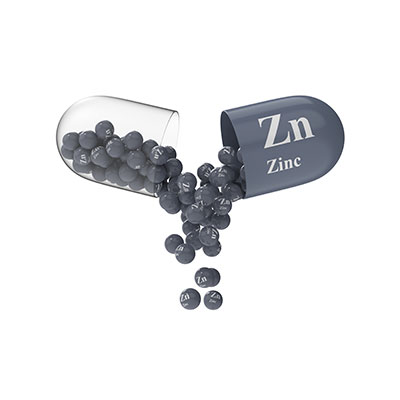
Among the supplements that you may want to take with testosterone injections, the evidence most strongly supports the use of zinc, followed closely by magnesium.
- Zinc – There is a definite connection between the essential nutrient and zinc and testosterone levels. Men with zinc deficiency are often found to have low testosterone. The reverse is also true. Men with low testosterone often are also suffering from zinc deficiency. Zinc is definitely one of the best supplements to take with testosterone.
- Magnesium – Much like zinc, low magnesium levels are also associated with low testosterone levels. Studies indicate an increase in magnesium intake can translate into an increase in testosterone production. Magnesium has both a direct and indirect positive impact on testosterone production. The mineral itself is an essential precursor to testosterone production, and also one of magnesium’s primary functions in your body is to help convert vitamin D into its active form. Therefore, magnesium, too, is a recommended supplement to take with testosterone.
Other nutritional supplements that may have the power to enhance the benefits of testosterone therapy include:
- D-aspartic acid – This amino acid plays a role in testosterone production and release.
- Dehydroepiandrosterone (DHEA) – DHEA is a hormone that humans naturally make in their adrenal glands. Studies have shown that DHEA supplementation increased testosterone levels in mice with induced low testosterone.
- L-arginine – There is some evidence that L-arginine is another amino acid that men on testosterone therapy could take. L-arginine is a supplement recommended to take with testosterone not because it raises testosterone levels directly but seems to help with some of the symptoms of low testosterone, such as fatigue and erectile dysfunction.
Herbs That May Boost Testosterone
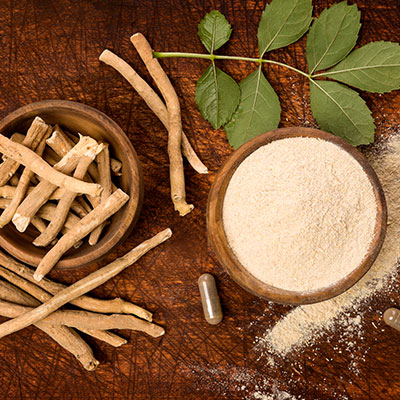
- Fenugreek – Fenugreek is a plant belonging to the Fabaceae family. Fenugreek has long been said to be a testosterone booster. A meta-analysis of trials investigating the effect of a fenugreek extract supplement on testosterone levels in males suggests that it does indeed have a significant effect. Fenugreek is an herbal supplement that may enhance the benefits of testosterone cypionate injections.
- Ashwagandha – Ashwagandha root is a staple of Ayurveda or Traditional Indian Medicine. It is said to have many benefits, not the least of which is raising a man’s testosterone level. In studies, Ashwagandha has been found to improve fertility and sperm count.
- Puncturevine – Puncturevine is a tropical plant that is also popular in traditional folk medicine. Like Ashwagandha, there is some, but not much, evidence that it may increase testosterone levels. One study found that men who took puncturevine for 60 days had improved sperm counts and increased testosterone levels.
Of the herbal supplements with the potential to raise testosterone production, Fenugreek is the best herb to take with testosterone.
Are Nutritional Supplements a Replacement for Testosterone Therapy?
While there is evidence to suggest that the vitamins, herbs, and nutritional supplements mentioned on these pages can boost your testosterone level to some degree, NONE of them should be considered a replacement for legitimate testosterone therapy. If you have been diagnosed with low testosterone, the only FDA-approved treatment is prescription testosterone replacement therapy.
You can only receive genuine testosterone with a doctor’s prescription. Testosterone therapy is a clinical treatment designed to treat patients with low testosterone, a medical condition also known as hypogonadism. Supplements may help raise testosterone to some degree, but they are not designed to treat this condition.
There can be several reasons that can cause your body to produce inadequate supplies of testosterone. However, one of the most common causes of low testosterone is age-related testosterone decline. Testosterone levels generally peak during the late teens or early 20s. After that, your testosterone level gradually declines — typically by about 1% -2% a year after age 30 or 40.
Testosterone therapy is designed to optimize your testosterone levels to make up for this decline. The supplements that are recommended to take along with testosterone can only “supplement” or enhance the benefits of testosterone therapy, not serve as a replacement for it.
What Does the Medical Research Say About Herbs, Vitamins and Supplements and Testosterone?
Of all the research into vitamins and herbal supplements that can enhance testosterone production, the most significant are the studies that provide evidence for the link between vitamin D and testosterone levels.
A recent study featuring in the Journal of Steroid Biochemistry and Molecular Biology found a distinct association between vitamin D levels and testosterone. The study determined that men with a vitamin D deficiency had lower testosterone levels than those without a deficiency.
Of the herbs mentioned on this page, there have been several studies that show the effectiveness of Ashwagandha root for increasing testosterone levels. A 2010 study assessed ashwagandha supplementation in 75 men experiencing infertility. It was found that Ashwagandha helped improve:
- testosterone levels
- sperm count
- sperm motility
- semen antioxidant levels
A 2019 study published in the American Journal of Men’s Health looked at 43 men with overweight taking either a placebo or Ashwagandha extract. It found that Ashwagandha was associated with significant increases in DHEA and testosterone.
Now that you know a bit more about your herbs, vitamins, and your testosterone levels, why not contact us today and learn more about the many benefits of testosterone replacement therapy.
- Chase G. Clemesha, Hatim Thaker MD., and Mary K. Samplaski MD.
- S Pilz, S Frisch MD., H Koertke, J Kuhn, J Dreier, B Obermayer-Pietsch, E Wehr, A Zittermann
- Stephen J Smith PhD., Adrian L Lopresti PhD., Shaun Y M Teo, Timothy J Fairchild PhD.
- Ananda S. Prasad MD., PhD., Chris S. Mantzoros MD., Frances W. J. Beck PhD., Joseph W. Hess, MD., and George J. Brewer.
- Sachin Wankhede, Vishwaraman Mohan, and Prasad Thakurdesai PhD.
‘Testosterone Boosting’ Supplements Composition and Claims Are not Supported by the Academic Literature
Effect of vitamin D supplementation on testosterone levels in men
Examining the Effects of Herbs on Testosterone Concentrations in Men: A Systematic Review
Zinc Status and Serum Testosterone Levels of Healthy Adults
Beneficial effects of fenugreek glycoside supplementation in male subjects during resistance training: A randomized controlled pilot study


